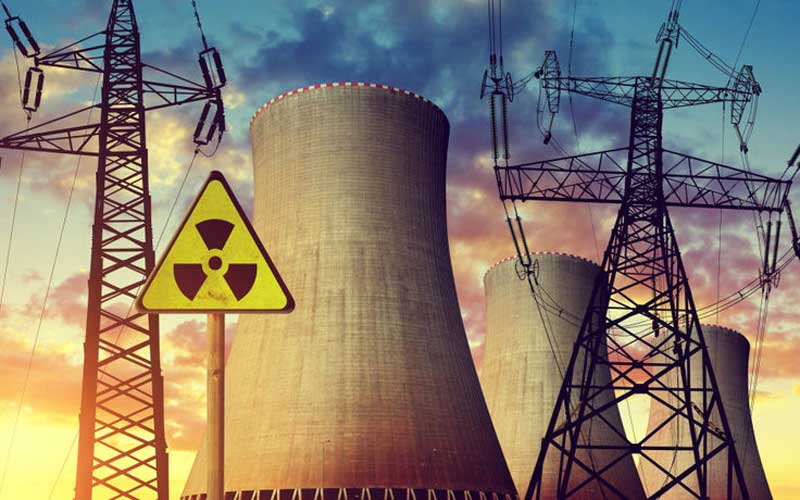×
The Standard e-Paper
Smart Minds Choose Us

Several African countries are on the journey towards establishing their first nuclear plant. Kenya is among these countries and has purposed that it is necessary to diversify the country’s energy mix in order to improve its electricity generation capacity.